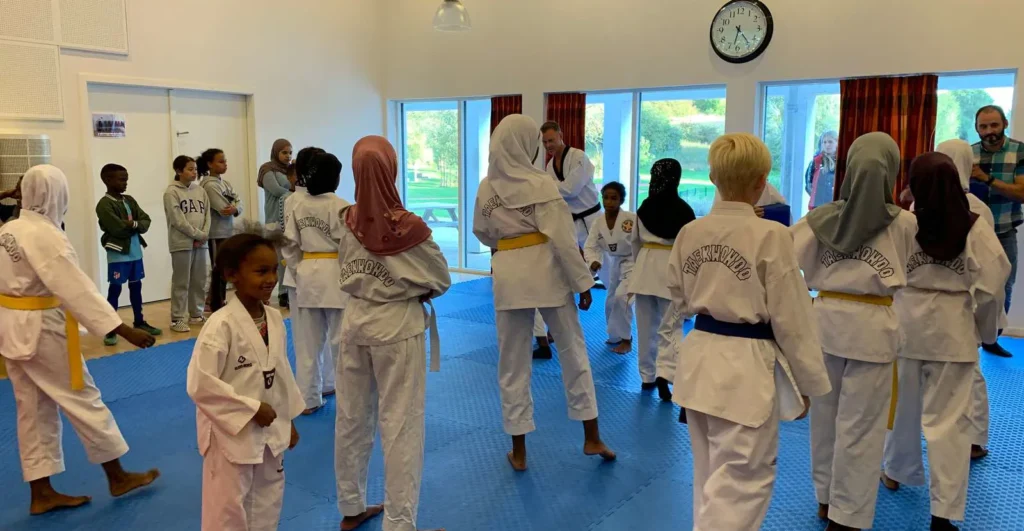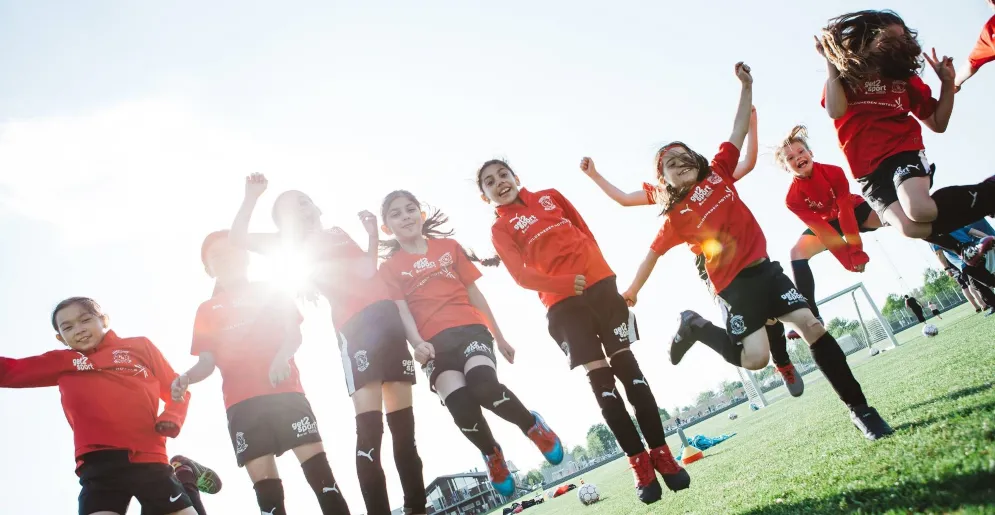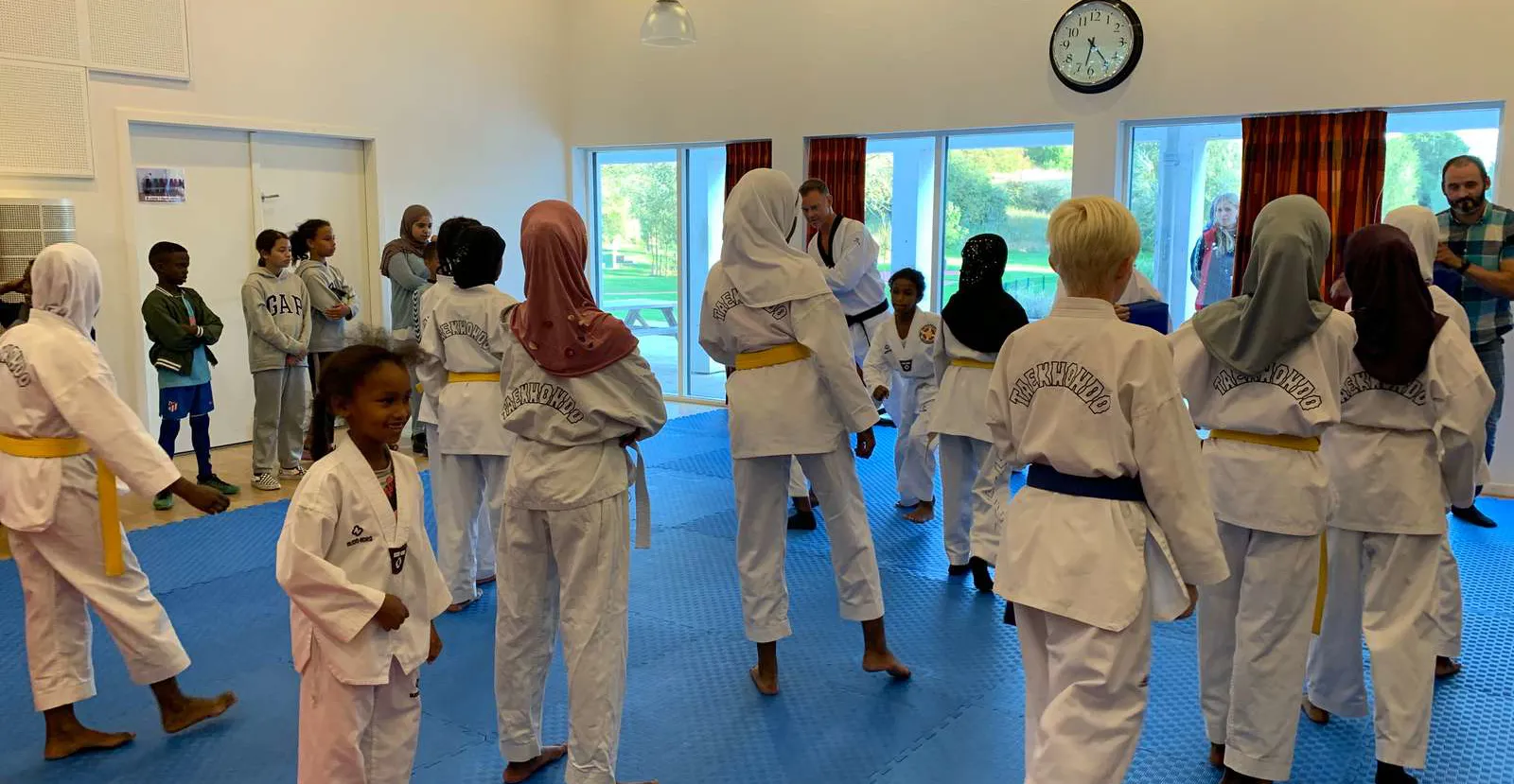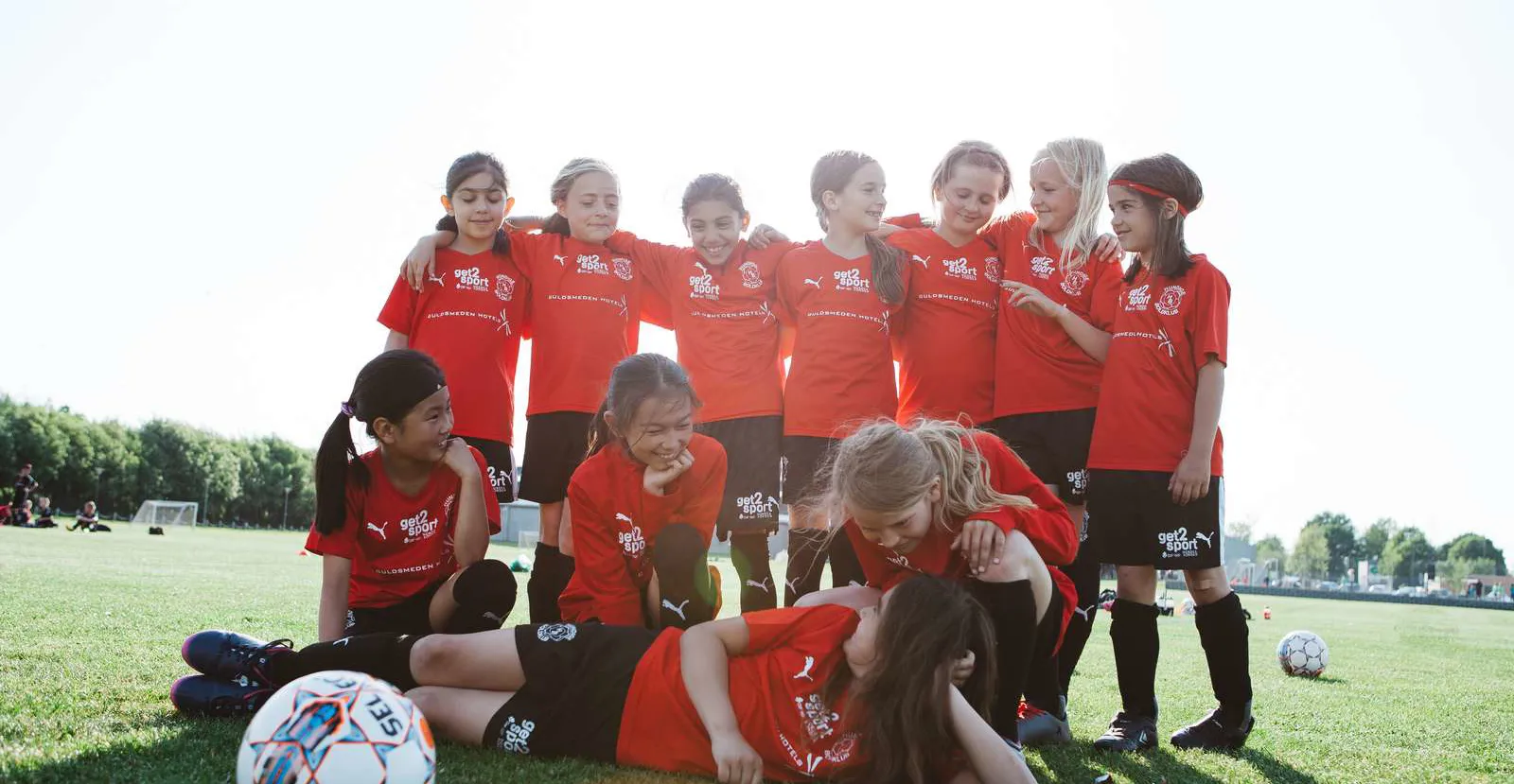

The Danish grassroots sports model is founded on the principle of active citizen engagement, with many sports clubs and associations being run by volunteers. However, the availability of willing volunteers is not evenly distributed across the country. Deprived urban areas face challenges such as a high turnover of residents, unemployment, single-parent families, and crime. Moreover, children of immigrant parents—particularly those born outside Europe—traditionally have lower participation rates in grassroots sport and less exposure to the voluntary sector. These factors result in a significantly lower number of volunteers in the urban areas targeted by DIF GET2SPORT.
Recognising the positive impact that sport can have on communities, DIF GET2SPORT provides additional resources to grassroots sports associations and municipalities. This support includes knowledge-sharing, educational courses, and, in some cases, the provision of a paid employee to relieve existing volunteers of social and administrative challenges. Those involved in the initiative maintain regular contact, enabling them to learn from each other’s experiences. Get2Sport is not a fully standardised concept, meaning that its interventions are always adapted to the conditions, strengths, and limitations of local sports associations.
Founded and supported by the Danish Sports Federation (DIF), Get2Sport assisted 74 associations in 53 deprived urban areas in 2024. It is funded through a combination of public funds, foundation grants, and private sector sponsorship.

Not all nations possess a strong voluntary sports culture – and it is perhaps these that can benefit most from Get2Sport’s knowledge. Over the years, Get2Sport has built up valuable awareness on the best methods of encouraging volunteerism and participation, as well as the best methods of catering activities to local communities. For example, some young people may be more familiar with a minority sport than a traditional sports discipline, while others may see prefer Esports to traditional sport. Furthermore, a culture of volunteering can be boosted through the provision of training, recognition, and clearer pathways for progression within the sports sector.
The success of Get2Sport demonstrates the benefits of supporting local clubs and coaches in areas lacking a strong tradition of volunteerism and communal activity. Knowledge of Get2Sport’s experience and methodology could greatly benefit organisations seeking to ensure that grassroots sports participation is available – and desirable – to all.
